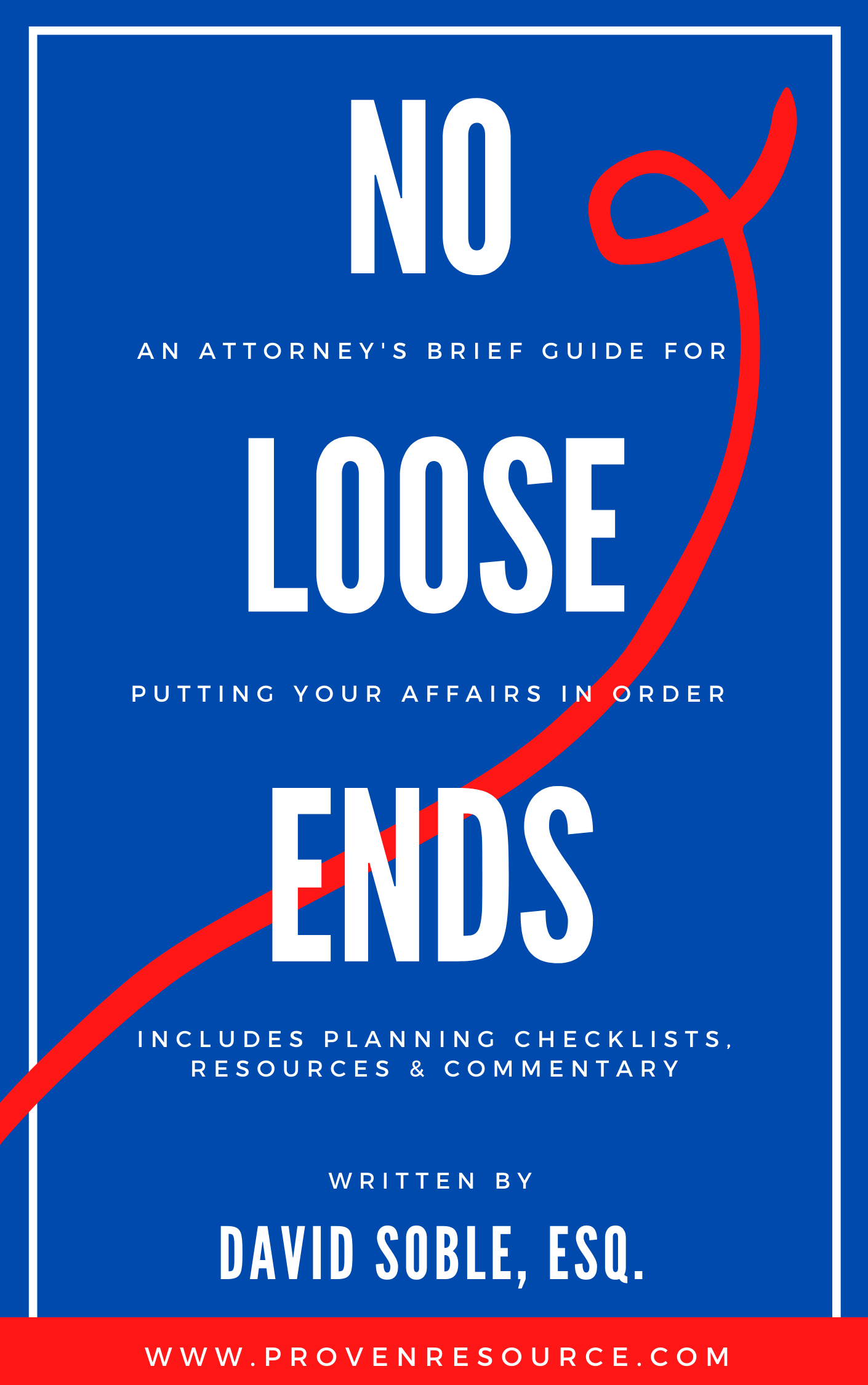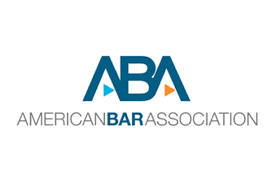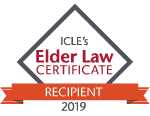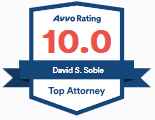Probate & Real estate
Overview
Videos
Case Studies
Probate & Real Estate
What happens when a loved one dies without making final provisions to convey the family home? When a parent dies without a will or proper deed, a home cannot be legally sold, refinanced, or owned by anyone other than the decedent’s estate.
At some point, heirs will be compelled to file a probate action in order to legally dispose or distribute the family home. This usually happens when a family member is living in the home and soon finds that they can’t get a mortgage or sell the property. Or even worse, when there is a mortgage on the home, and the lender learns of the death, the mortgage lender will call the house note due.
Probate can be a frustrating experience, especially when heirs learn that they must probate an estate right when they are trying to transfer real estate.
Within certain legal limits, a personal representative has the authority to perform administrative duties on behalf of the estate and estate’s beneficiaries. They notify those who are entitled to part of the estate’s property and deal with the estate’s finances, which includes the management of real estate. With court approval, a personal representative cannot sell or refinance real estate.
There are several ways to obtain approval to administer an estate in the probate court. Depending on the circumstances, an heir may be able to use a simplified process where the is minimal probate court involvement. When choosing the “simplified” route, there are two avenues to take: informal unsupervised administration or formal unsupervised administration.
An informal administration’s purpose is to appoint the personal representative named in the will, or if no one was named, to appoint a personal representative that is agreed to by the heirs.
A formal administration occurs when either no will exists to name personal representative, or there is a dispute as to who should serve as personal representative of the estate. It is important to begin the probate process because without an approved personal representative, the property in an estate cannot be transferred or mortgaged by the heirs.
It’s our job to usher you through the probate process and remove the legal stress that dealing with family and creditors after a loved one passes.
Do You Have A Real Estate And Probate Concern?
Call Us For Your CONSULTATION
At 888.789.1715 or
Complete This Form.
No Loose Ends
An Attorney’s Brief Guide for Putting Your Final Affairs in Order

Videos
A Word About Michigan Probate and Real Estate
FAQs
Frequently Asked Questions
Top Probate and Real Estate Questions
Probate law can be complicated. Especially when it involves large assets such as real estate. Know your rights!
Don’t wait another minute, call us today!
What does Probate mean?
If you die without a will, your estate will still have to go through the probate process. However, instead of giving your Executor the go-ahead to distribute your property, the court will name an Executor (known as an “estate administrator”) and will direct that person how to distribute your property.
To begin a probate proceeding, an attorney acting on behalf of the estate must initiate the Probate proceeding by submitting an official document called a Petition for probate of will to the court. The court will review the will and determine whether or not it’s a valid legal document—that is, whether or not the will is legally binding and was in fact created by you. If the court determines that the will is valid, the court then gives the Executor legal documents called Letters of Administration. These documents authorize the Executor to distribute assets to beneficiaries. This may include transferring assets from your name into the names of the beneficiaries and paying any debts or taxes on behalf of your estate.
What does dying intestate mean?
Dying intestate means the person has died without a will or the court has determined the will invalid. The estate’s assets are distributed to the decedent’s heirs according to the state’s intestacy laws. Intestacy laws vary state to state, but typically the estate will be distributed between the surviving spouse and surviving children.
For example, in Michigan if you die with no surviving spouse but surviving children, then the children inherit everything. If you die with a surviving spouse but no descendants or parents, then the spouse inherits everything. For each situation there are specific intestacy rules that will tell you to who and how much to distribute from the estate.
Why should I establish a Durable Power of Attorney?
Many people establish a Durable Power of Attorney (DPOA) when they get older and start experiencing difficulty managing finances. By appointing a DPOA, the DPOA agent can handle paying bills, managing bank accounts, overseeing investments, and preparing and filing tax returns on your behalf, which becomes increasingly important as you age and are no longer able to handle these duties.
A DPOA can be limited or general. A limited DPOA gives an agent the right to perform specific actions on your behalf. Whereas a general DPOA is comprehensive and gives the agent all the rights you have yourself.
A DPOA goes into effect the moment the paperwork is signed and stays in effect even if you’re deemed mentally incompetent. However, as long as you’re deemed competent you can change it at any time.
If a DPOA is not named, a potential agent may apply to the court to be named your guardian or conservator. Compared to naming a DPOA, guardianship proceedings can be time consuming, expensive, and stressful. In addition, there is the risk that the court may appoint someone as a guardian or conservator who you might not have chosen or preferred.
What does having a conservator mean?
A conservator takes care of an incapacitated adult’s property. Whereas a guardian takes care of an incapacitated adult’s personal needs. One person can be both the guardian and the conservator for an incapacitated adult. Each of these responsibilities limits an incapacitated adult’s legal right to manage their own assets and can cost the incapacitated adult time and money.
A conservator’s responsibility to manage the incapacitated adult’s assets includes the collection, preservation, and investment of the individual’s property. Furthermore, the conservator must use the property for the support, care, and benefit of the individual and his or her dependents. The duty of loyalty prevents the conservator from using any of the incapacitated adult’s assets for personal use.
For example, say Susie was named the conservator for John who just became incapacitated after being in a serious car accident. John is now living in an assisted living home. Susie would manage John’s home, investment portfolio, and other assets. However, Susie would not be able to gift John’s boat to herself to use that summer.
If the estate is in probate, can I rent out the home?
Only if the estate owns the home and you personally have been appointed as the personal representative of the estate, and the Letters of Authority from the Probate Court giving you the power to rent the home, then you may have the power to rent out the home. Consult with a real estate or probate attorney before proceeding further with a lease in order to avoid legal problems later on.
Why would we choose an immediate acting durable power-of-attorney over a springing power-of-attorney?
A power of attorney is a legal authorization that gives a designated personsuch as a parent, sibling, or child, the legal authority to act on another person’s (the “principal”) behalf. This designated person is known as the agent or attorney-in-fact. The authority to act can be immediate, or it can ‘spring’ into effect upon the occurance of an specified event, such as an illness or incapacity. Most “principals” choose to create a springing power of attorney, and not an immediate power of attorney, because at the time that they create the legal document, they are still in control of their own affairs.
Articles About Probate & Real Estate
Read our most recent articles on this topic
The Top 3 Mistakes Made When Selling Real Estate Subject to Probate
Selling real estate that is subject to a probate action is unlike a traditional real estate sales transaction. There are more state legal requirements that must be addressed before a sale can occur. This article discuss 3 mistakes that will impeded a real estate closing.
Real Estate in Probate: When Can an Executor of an Estate Convey Real Estate?
Before we get into when an estate executor or personal representative can convey real estate, it is important to understand the basics of the probate process, which are discussed below. What Is Probate? Probate is the term for the legal process by which a deceased person's (a "decedent") will is…
What You Need To Know About Free Legal Forms
This question comes from Sarah Milner, who I had met last week at a real estate investor function. Sarah asks if there is anything wrong with sharing legal forms between friends and colleagues; after all, they're free!! Free Real Estate Forms There is not a day that goes by that…
Why Clients Choose Us
Once You Call, You'll Appreciate the Difference.
Former Big Bank "Insider"
HigHest Peer and Client Ratings
24 Hour Response

30 +Years of Legal & Business Experience
Affordable & Approachable
Innovative & Creative solutions
We Reduce Legal Exposure & Financial Risk. Every Day.
Real Estate Law
Real estate and finance law are their own legal specialties. So how do you determine which attorney you should work with...
Contract Law
Contracts regulate expectations between parties. Working without a contract is comparable to walking a high wire without a net.
Business Law
Attorneys having years of both practical business experience as well as legal expertise are rare. David Soble is one of these...
Financial Disputes
David Soble has decades of experience as a 'big bank insider." He and his business management team are uniquely situated when it comes to handling our clients stressful financial...
Litigation
We regularly and successfully litigate real estate and contract issues. While we prefer to first resolve our client's issues reasonably and amicably, we can and certainly will escalate....
Probate & Estate Planning
For most people, their home, or other real estate, is the most valuable asset that they own. We're dedicated to protecting our clients' assets and ensure that their legal interests...
We're one of the best reviewed law firms in the community.
Don't take our word for it! See hundreds of our reviews on Google, Avvo, Social Survey and Linked In.
I am very happy I contacted David. I felt at ease as soon as I contacted him about my situation. The seller did not want to return my deposit after after a failed inspection and many other things. David got right on it and I got my full deposit back. 🙂 David was very responsive (he always replied to my emails within a few hours or even minutes). I would recommend him to anyone. Thanks again David.
Steve G, Lathrup Village, MI
![]()
I came to David Soble with an honest question; "Do I have a case?" Not only did he speak with me personally, he took time to quickly review the details of my situation. No other attorney would talk with us without a retainer. Even though he determined we did not have a case, he took the time to show us he cared! Thank you David.
Jane Blackmon
![]()
Mr. Soble is a true professional, who is very dedicated to his clients. I've been working with him for a couple of years now, and it has been a pleasure. He is very attentive to his clients' needs, and his knowledge of his field of expertise is impressive. In today's day and age it's frustrating to have to wait days for a response. That's never the case with Mr. Soble. I've always gotten a reply very quickly.
S. Volgyi (Emes Home Inspections)
Oak Park, MI
![]()
I needed an attorney and found Soble Law (proven resource) online. I took that leap of faith and called. It was a good decision! David responded quickly, was very professional, easy to talk to, and handled my mortgage issue . David told me what to expect and even did a follow up to see if I had any more questions. There is no doubt that I would use David Soble law again, and would refer others as well.
Deborah Watkins
![]()
"l was a client of Mr. Soble and he was very pleasant to work with and he took my case right away. He took time to answer all the questions and concerns that l had. When l called him, he got back to me that same day. We settled on an offer, and then received our check in a timely matter. l recommend the Soble Law firm for all your real estate needs because they take care of business."
Lisa S., Southgate, MI
![]()
The balance for one of my credit cards was over $14,000. In less than one week David and his staff were able to negotiate a new balance for less than $4000. We saved over $10,000. This was for just on one of our cards. I have to admit that my husband and I were skeptical at first, but they delivered. I now understand why the meaning behind the name. David and his staff are truly a Proven Resource!
J. James
![]()
"Attorney David Soble lives up to his firm's namesake, "Proven Resource." I appreciate knowing that when my clients need a diligent and responsive real estate or contracts attorney, I can easily make the referral to David, David is well worth having on your side."
Dino Lembesis, S. Lyon, MI
-Financial Adviser, Brighton, MI
![]()
I am very happy I contacted David. I felt at ease as soon as I contacted him about my situation. The seller did not want to return my deposit after after a failed inspection and many other things. David got right on it and I got my full deposit back. 🙂 David was very responsive (he always replied to my emails within a few hours or even minutes). I would recommend him to anyone. Thanks again David.
Steve G, Lathrup Village, MI
![]()
I came to David Soble with an honest question; "Do I have a case?" Not only did he speak with me personally, he took time to quickly review the details of my situation. No other attorney would talk with us without a retainer. Even though he determined we did not have a case, he took the time to show us he cared! Thank you David.
Jane Blackmon
![]()
Mr. Soble is a true professional, who is very dedicated to his clients. I've been working with him for a couple of years now, and it has been a pleasure. He is very attentive to his clients' needs, and his knowledge of his field of expertise is impressive. In today's day and age it's frustrating to have to wait days for a response. That's never the case with Mr. Soble. I've always gotten a reply very quickly.
S. Volgyi (Emes Home Inspections)
Oak Park, MI
![]()
I needed an attorney and found Soble Law (proven resource) online. I took that leap of faith and called. It was a good decision! David responded quickly, was very professional, easy to talk to, and handled my mortgage issue . David told me what to expect and even did a follow up to see if I had any more questions. There is no doubt that I would use David Soble law again, and would refer others as well.
Deborah Watkins
![]()
"l was a client of Mr. Soble and he was very pleasant to work with and he took my case right away. He took time to answer all the questions and concerns that l had. When l called him, he got back to me that same day. We settled on an offer, and then received our check in a timely matter. l recommend the Soble Law firm for all your real estate needs because they take care of business."
Lisa S., Southgate, MI
![]()
The balance for one of my credit cards was over $14,000. In less than one week David and his staff were able to negotiate a new balance for less than $4000. We saved over $10,000. This was for just on one of our cards. I have to admit that my husband and I were skeptical at first, but they delivered. I now understand why the meaning behind the name. David and his staff are truly a Proven Resource!
J. James
![]()
"Attorney David Soble lives up to his firm's namesake, "Proven Resource." I appreciate knowing that when my clients need a diligent and responsive real estate or contracts attorney, I can easily make the referral to David, David is well worth having on your side."
Dino Lembesis, S. Lyon, MI
-Financial Adviser, Brighton, MI
![]()
Your Legal Next Steps
Check Out Our Resource Library
We have numerous free books, articles,
and industry checklists for your use.
Join Our ‘Office Hours’ Q&A Video Call
Join David and his associates
on the 2nd and 4th Friday of each month.
Blog
Our Latest Blog Posts
IRS Tax Resolution – How We Help
Dealing with federal tax issues can be a real headache, especially for small business owners and busy individuals who have so much on their plate already. That's when Soble Law’s IRS Tax Resolution Services can really help -and our involvement can be a game-changer....
Land Contracts Michigan
Seller Finances the Land Contract A land contract is a written legal contract or agreement and it’s used to purchase real estate. It can apply to a house, apartment building, commercial building, or even vacant land, so long as it deals with real property. It’s...
An Overview of the Legal Process for Litigation
The method through which legal conflicts are settled through the judicial system is litigation. It is a formal process for settling disputes and is frequently used as a last option when all other attempts have failed. Understanding the litigation process can help you...
Podcast
Our Latest Podcasts
No Results Found
The page you requested could not be found. Try refining your search, or use the navigation above to locate the post.




























